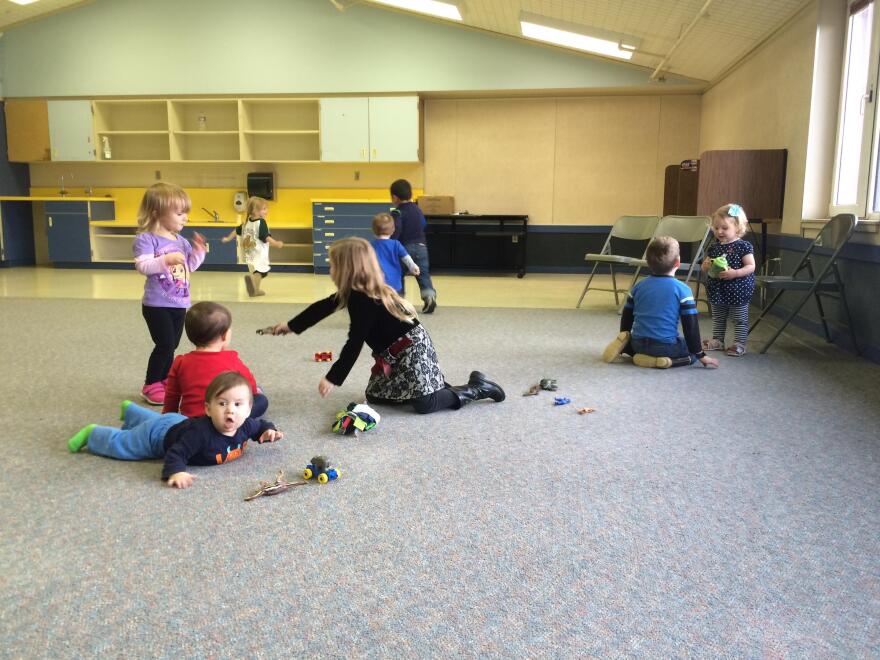This post was last updated 7:00 p.m. April 4, 2020
Since Governor Mike Dunleavy closed all public and private schools in Alaska until at least May 1, parents have grappled with juggling child care, education, and full-time work for weeks on end. While many are figuring out how to cope, one group of parents in Anchorage may soon get some help.
Starting Monday, April 6, Camp Fire Alaska will begin offering emergency child care to first responders, healthcare workers, and anyone defined as a “critical worker."
Normally the before-and-after school program operates out of schools across the Anchorage School District. But when buildings closed to the public, the program closed too.
Catch up on the latest news on coronavirus in Alaska.
Camp Fire’s Chief Program Officer Melanie Hooper says the organization was already working to figure out how to continue to offer child care, but an expressed need propelled them toward this decision.
"What changed for us when we started getting a lot of outreach from local hospitals
Hooper said, Camp Fire is the largest child care provider in the state, serving 28 school sites in Anchorage and Eagle River.
The Department of Health and Social Services has left it up to individual child care providers to decide whether or not to stay open.
According to the state’s Child Care Program Office 222 out of 493 daycare facilities have closed statewide.
Camp Fire will operate the child care sites at two locations in Anchorage: Alpenglow Elementary in Eagle-River and Rogers Park Elementary in Anchorage with capacity for 36 children. They will be open from 7 a.m. to 6:30 p.m. Monday through Friday until May 1, and serve children in grades K-6.
Friday, the organization announced that the initial fee of $300 per week per child has been removed thanks to individual donors. The child care sites will operate free of charge.
"Camp Fire wouldn't be able to do this without the Anchorage School District and the individuals and funders who came forward to make this possible," Hooper said. "To be able to do this for no cost to those families is just an incredible demonstration of the community that we live in."
Hooper said critical health care workers and first responders will be prioritized and all youth will need to answer questions about cold or flu symptoms and travel history for a health screening over the phone before finalizing their registration. Due to limited space and the required health screening, the sites will not allow walk-in or drop-in service.
In addition to a pre-screening, Hooper said all children and Camp Fire staff will go through a verbal health screening and have their temperatures taken every day before entering buildings.
Hooper said there are currently no plans to expand the service, but staff will evaluate the program and the need to see if expansion is necessary and can be done safely.
Interested families can register online.

